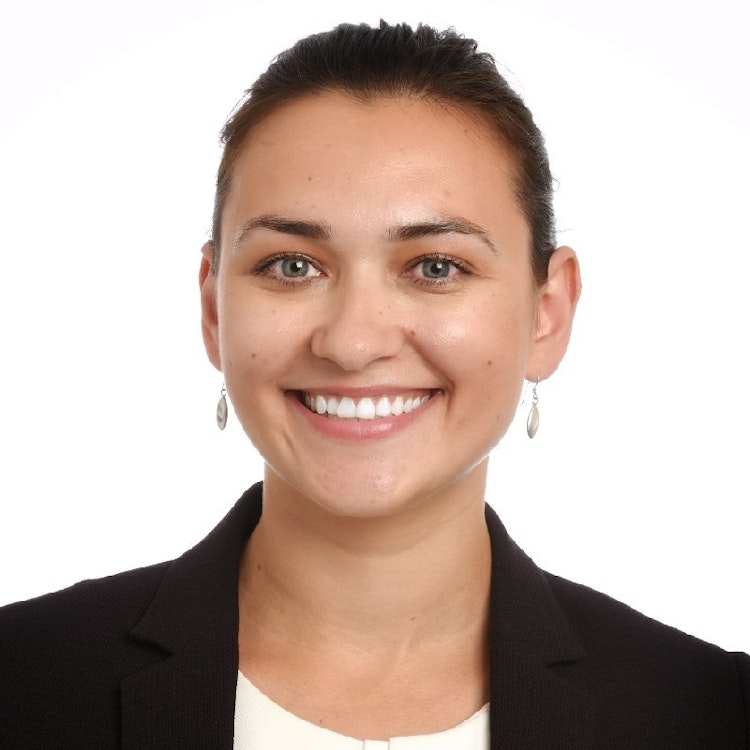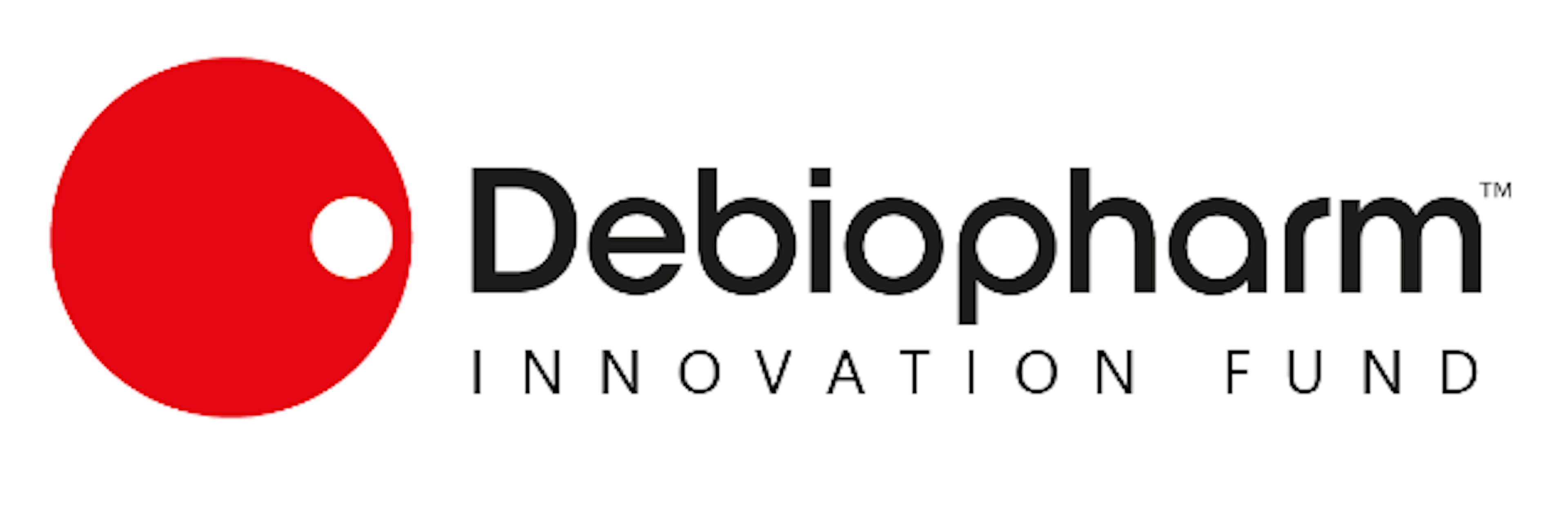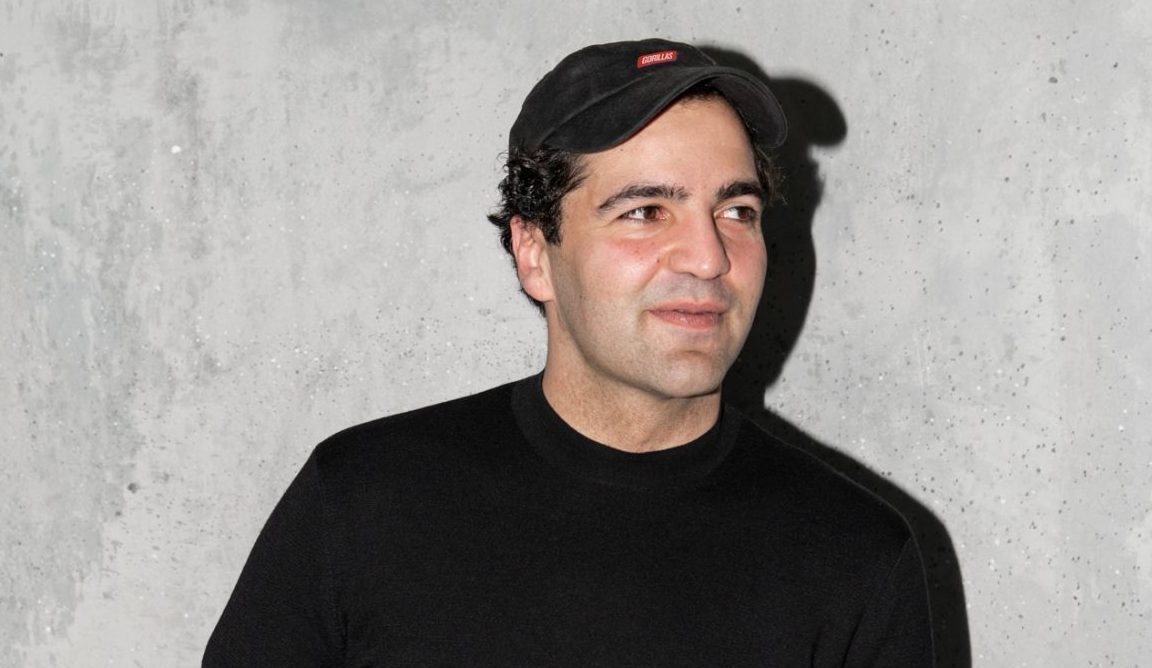Dubbed the "emperor of all maladies" by physician and Pulitzer Prize winner Siddhartha Mukherjee, cancer is the cause of one in six deaths worldwide. The disease blights the lives of millions because of its complexity and shape-shifting ability to elude the human immune system and adapt to treatments.
But there are shimmers of light on the horizon. The diagnostic and therapeutic arsenal for oncology is becoming more targeted thanks to advances in artificial intelligence, DNA sequencing and precision oncology, which can analyse the genetic and molecular makeup of cancers and identify the cell changes that drive the spread of the disease.
These approaches promise to tackle cancer based on its unique fingerprints and biomarkers, rather than blanket approaches like chemotherapy, which kill all fast-growing cells both healthy and cancerous.
Breakthroughs in non-invasive detection methods, like liquid biopsies, are improving the odds of catching cancer earlier when it can be eradicated more easily. But to design truly effective and reliable therapies, biotech and pharma companies face a data problem.
A UK and Australia-based startup, Concr, is turning to the field of astrophysics for ideas. Here’s the massive data problem faced by cancer treatment — and how startups like Concr could help.
Data power
The drug development journey is costly and failure-prone. The average cost of oncology drug development stands at $4.4bn per drug and new therapies rarely reach patients, with almost 97% failing to pass phase I clinical testing.
Drug developers often shelve their research, losing knowledge gained about the disease and the vast data collected during cancer research studies, including genomics, proteomics, transcriptomics, imaging data and patient treatment response and outcomes.
There needs to be a way to connect the different data, such as through machine learning
Beyond the lab, plenty of data is also gathered as patients criss-cross the health system.
“Patients are passed from one discipline to another. They go to their GP, then to their oncologist and maybe the radiologist, and then to the medical oncologist for chemotherapy or other treatments. Lots of different technologies are used and each will generate their own different data stream,” says Dr Tom Gibbs, senior investment director at Debiopharm Innovation Fund, which recently committed a £200k seed investment in Concr, as part of an oversubscribed £1.94m round.
Each dataset offers a slice of the overall picture, but they are siloed, held by different stakeholders, creating an innovation barrier for research. “It’s not clear that all that data ever really gets assembled in a harmonised way,” says Gibbs. “Sharing data would help to overcome this, but there needs to be a way to connect the different data, such as through machine learning.”
Shooting for the stars
Concr uses established statistical learning and modelling techniques used in astrophysics to handle data sparsity in pre-clinical data sets.
The model can then be used to predict treatment response in patients — pan-cancer and pan-treatment
“We can integrate data from the early stages of preclinical research, all the way to clinical outcomes, and integrate and share learnings from these data in a single, unified model,” says Irina Babina, Concr’s chief business officer and a cancer biologist by background.
“The model can then be used to predict treatment response in patients — pan-cancer and pan-treatment,” she continues.
What oncologists and astrophysicists have in common is a reliance on large amounts of sparse data rather than battling with high volume, or "big" data.
“Cancer researchers and astrophysics researchers are similar in working with massive amounts of disparate and fragmented data, and wanting to learn from and share information from these data sets; and model something complex that you can’t directly observe,” says Dr Babina. “In the case of astrophysics that is dark matter, in cancer biology, it is patient outcomes.”
Strike early
Debiopharm Innovation Fund’s seed investment in Concr is part of a strategic evolution to expand from Series A investments, of around €2-5m, to include smaller pre-Series A deals.
These earlier stage companies allow us to see further into the future of life science technologies
“The idea is to put in smaller cheques, as a foot in the door. We are not expecting to be involved on boards of directors, we take a very small minority position and we watch the company while we are helping them develop,” says Gibbs.
He adds that Debiopharm was specifically intrigued by Concr’s idea of taking the maths from astrophysics and applying it to cancer biology: “If you think about the history of biology, it’s not without precedent. A lot of physicists came at the birth of molecular biology and brought a hard science approach to what was before a bit like stamp collecting.”
Concr is Debiopharm’s fourth seed investment, with interest sparked at a chance meeting at a biotech event. The fund is expecting to make 10-15 seed investments annually, with a fifth already approved, and to become major investors at the Series A stage where they like the direction of the company.
“These earlier stage companies allow us to see further into the future of life science technologies,” says Gibbs.
Thanks to the support from Debiopharm alongside existing and new investors, including R42 Group, Oncology Ventures, Cambridge Enterprise and SyndicateRoom, Concr has advanced from proof-of-concept to technical, biological and clinical validation of their predictive technology across various datasets. Additionally, the company has forged several partnerships, including with Roche and Step Pharma.
Pharmaceutical interest in Concr’s technology is fuelled by the cost and high failure rate drug development — better quality data can help companies make more informed decisions about which therapeutic avenues are most promising, based on historical data and insights from past trials.
The startup advantage
The prevalence of cancer means Big Pharma will likely continue to invest heavily in search of a cure, but the research and development process is so costly, inefficient and failure-prone, there is a need for fresh thinking and experimentation that startups offer.
Every year, every month, there is a new company with a new approach and technologies
“We are far from routine use of precision medicine in oncology and even though we and all other companies are claiming precision medicine, there is still work to do,” says Cedric Odje, investment associate at Debiopharm Innovation Fund.
As AI models become more accessible, the technology life cycles are getting shorter, Odje adds. “One of the reasons we launched our seed funding activity is to stay closer to, and lift up, the latest innovation, increasing the chances to capture the most impactful innovation out there.
“Every year, every month, there is a new company with a new approach and technologies,” he continues. “In terms of scouting and screening, there are entrepreneurs taking on the issue, even though there are big players in this space, and that is very exciting.”




